Strengthening U.S. Seafood Traceability Requirements: Policy Recommendations for Improving the Seafood Import Monitoring Program
Monday, November 14 from 4:00-5:15pm ET
This session will bring together members of the ENGO, human rights, European NGO communities and the seafood industry to provide an overview of the U.S. Seafood Import Monitoring Program. The panel will discuss program implementation and ways to strengthen US traceability to more effectively combat IUU fishing and seafood fraud. Panelists will cover the following topics: 1.) SIMP 101, 2.) The connection between enforcing against human rights violations and seafood traceability, 3.) NGO perspectives on strengthening SIMP, 4.) Industry perspectives on the SIMP, 5.) the EU experience with seafood traceability requirements, 6.) Emerging technology to support seafood traceability efforts, and 7.) Call to action and Q&A.
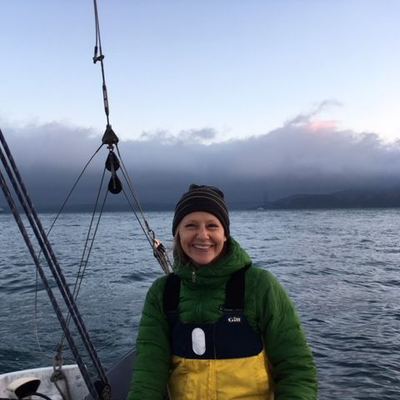
Sandy Aylesworth
Director, Pacific Initiative, Oceans Division, Nature Program, NRDC
Sandy Aylesworth advocates to combat illegal fishing and for responsible offshore wind development. Prior to joining NRDC, she worked at the U.S. Department of State and was a Knauss Marine Policy Fellow at NOAA’s Office of Legislative and Intergovernmental Affairs. Aylesworth’s first career was as a captain and mate, where she became familiar with the oceans on voyages in French Polynesia, Baja, the United States, and the Caribbean. She worked as a marine technician for the U.S. Antarctic Program on seven oceanographic cruises. Aylesworth has a master’s in environmental management from the Yale School of Forestry & Environmental Studies and a 500 Ton Ocean Master’s license. She is based in NRDC’s San Francisco office.
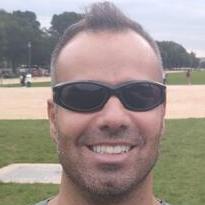
Ben Freitas
Manager of Ocean Policy, WWF
Ben Freitas is the manager of ocean policy with WWF. His work focuses on fisheries governance, and efforts to combat overfishing and illegal, unreported, and unregulated (IUU) fishing, prevent the trade in illegal fish and wildlife, and promote transparency in the fisheries sector. Prior to joining WWF, Ben was a science fellow with the NGO Oceana, where he worked to advance efforts to address bycatch in US fisheries, establish shark conservation measures in the US, and to eliminate capacity enhancing fishing subsidies through a new global agreement at the World Trade Organization. He holds a bachelor’s degree from the University of Virginia and a master’s from Brown University. Originally from the San Francisco Bay Area, he is based in Washington, DC.
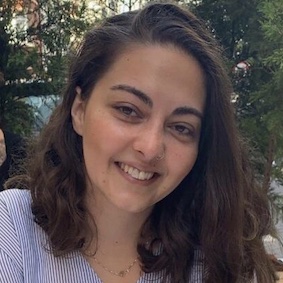
Noor Hamadeh
Advocacy Counsel, ICAR
Noor Hamadeh is an Advocacy Counsel at the International Corporate Accountability Roundtable (ICAR). She is an international human rights lawyer, with a focus on human rights issues in the Middle East and business and human rights. She is also the co-host of the Branch 251 podcast, which follows the first universal jurisdiction trial for war crimes associated with the Assad regime in Syria. Prior to joining ICAR, Noor was a Nonresident Fellow at the Tahrir Institute for Middle East Policy (TIMEP) focusing on business and human rights in Syria and across the region and the Head of the Human Rights and Business Unit at the Syrian Legal Development Programme (SLDP). She holds a JD from the George Washington University Law School and a B.A. in international relations and political science from Loyola University Chicago.

Sara Lewis
Traceability Division Director, FishWise
As FishWise Traceability Division Director, Sara leads work developing resources, and assessing traceability and anti-IUU best practices aimed at ridding seafood supply chains of illegally caught and mislabeled seafood products. She directs projects relating to the traceability of shelf stable tuna supply chains, and collaborates with the FishWise Business Engagement Division to develop traceability policies and recommendations for FishWise partner companies. Sara also leads FishWise’s work relating to key policies such as the Seafood Import Monitoring Program, as well as publishing papers on traceability and social responsibility in seafood. Sara holds a Bachelor of Science degree in Marine Biology from the University of California, Santa Cruz, and two masters degrees in environmental studies from Victoria University of Wellington, New Zealand and the University of California, Santa Cruz respectively. Her academic and professional pursuits have provided Sara with ample opportunity to work with members of government, the conservation community, and the seafood industry internationally, giving her a diverse and unique perspective on marine sustainability issues globally.
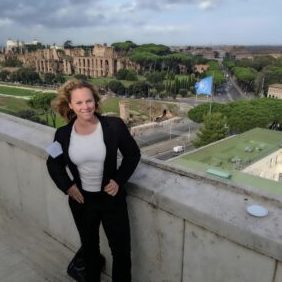
Dr. Max Valentine
Campaign Director, Illegal Fishing And Transparency, Oceana
Dr. Marla ‘Max’ine Valentine is a new addition to Oceana taking on the role of Illegal Fishing and Transparency Analyst. Marla graduated from Louisiana State University in 2013 with a Master of Science in Oceanography that centered on deep-sea benthic ecology using ROVs following the Deepwater Horizon Incident. She defended her doctorate at Old Dominion University in 2018 focusing on biogeochemical cycling of nutrients in coastal marine ecosystems, specifically in the Florida Keys. Between degrees, Marla worked for several marine research labs from Alabama to Delaware to Alaska studying sharks, alligators and finfish, acoustic and satellite telemetry, and aquatic invasive species. Prior to joining Oceana, Marla was a Knauss Fellow, working as an International Fisheries Science Specialist at NOAA Fisheries.
